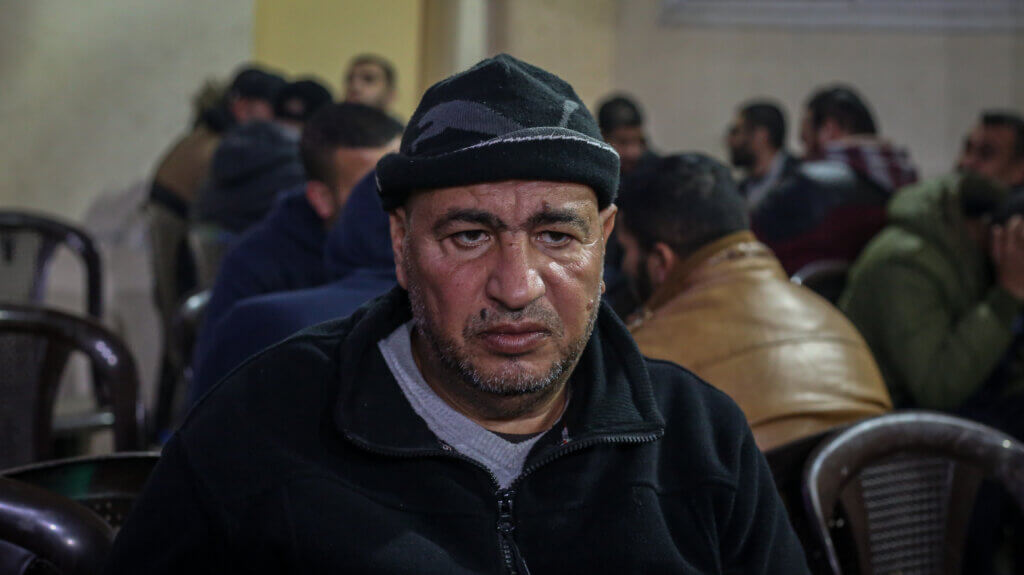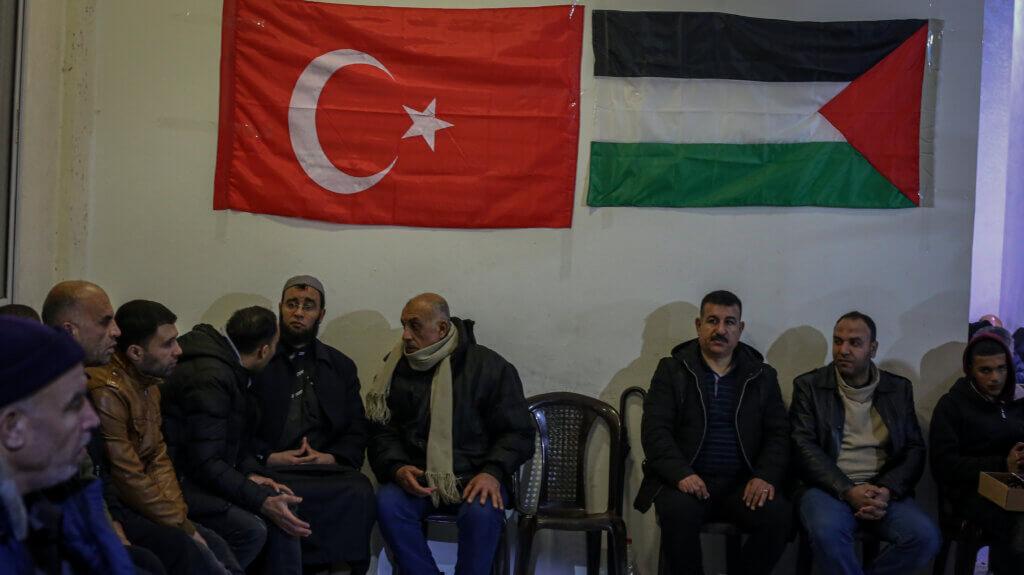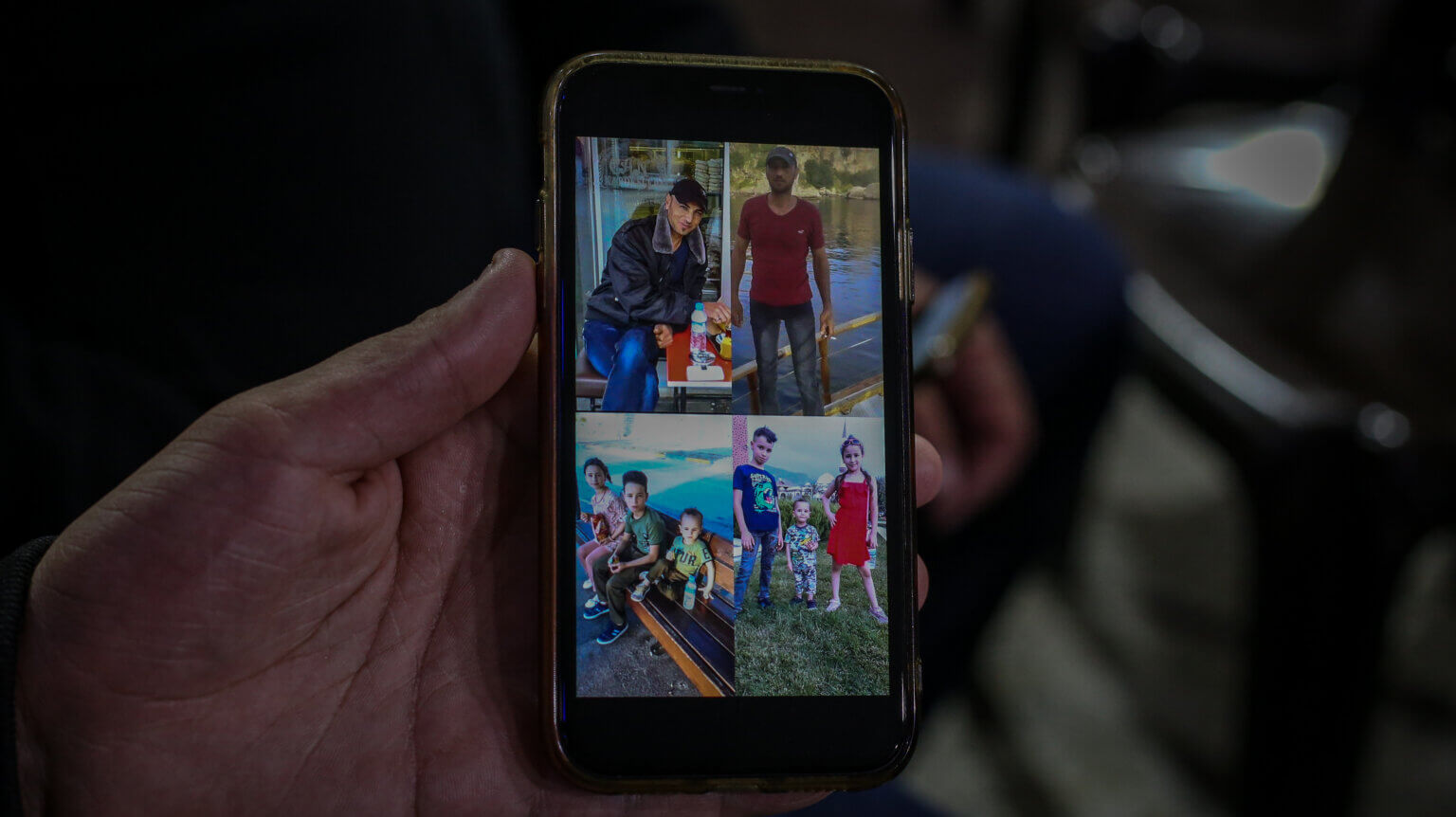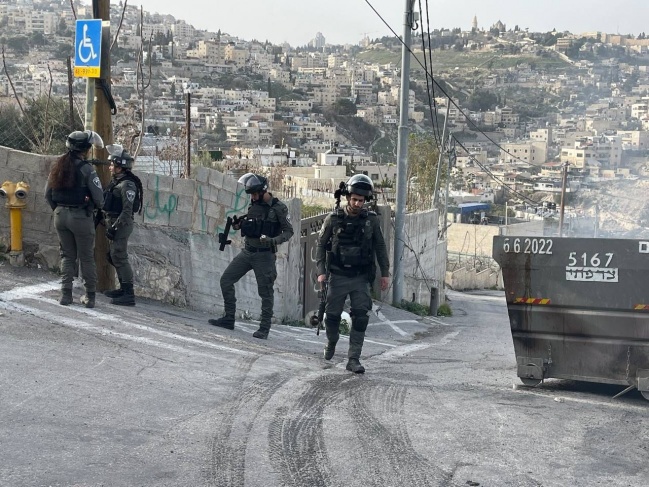On the morning of February 6, the Abu Jalhom family were gathered on the top floor of their home in the town of Beit Lahia, in the Gaza Strip. They had been there all night, watching the news unfold of a devastating earthquake that struck Turkey and Syria that morning.
Their brother, Abdul Kareem Abu Jalhom, 52, lived in the Turkish city of Antakya with his family, one of the areas most devastated by the quake. With every passing moment, and still no news of their brother or their nieces and nephews, the family became increasingly distraught.
After many attempts, the siblings were able to get in touch with an Iraqi man named Omar, who was friends with their brother. They asked Omar to go check on the building where their brother lived to see if he was okay.
They had waited for over an hour on pins and needles when Omar finally called them back.
“He asked me to have strength, and told me that he was going to tell me a difficult truth,” Rami Abu Jalhom, Abdel Kareem’s brother, told .
“Then he said that my brother and his family had died beneath the rubble. He said that one of Abdel Kareem’s sons, 5-year-old Mohammed, had survived and was moved to the hospital,” Rami said.
But the family’s hope that at least one of their nephews has survived was quickly shattered.
“Half an hour later, Omar called again and said that Mohammad had passed away too.”
Shortly after the family’s worst fears had been confirmed, they were forced to break the news to their aging mother Wedad, 74. At first, Rami said, she refused to believe what she heard was true. It was only when her daughters told her that their brother and his entire family had in fact perished, that Wedad collapsed.

A grieving family
Even after she received the news, Wedad could not believe that her son, and her grandkids that she used to play with, were gone. She screamed and called out her son’s name, and went to sit in Abdel Kareem’s favorite spot in the house.
“When I saw my son Rami with tears in his eyes, and he confirmed that Abdul Kareem’s family passed away, I felt like this was shattered,” she said, raising her hand to her chest, and pointing towards her broken heart.
“I have not seen my son and his lovely children for 12 years!” Wedad exclaimed. “Every time he called me, he said that he desperately misses us, and wants to come for a short visit,” she recounted. “I used to dream about this visit.”
After more than a decade of absence, Wedad cannot bear to think that her son and his family will be buried far away from her, and that she will never be able to see them again or even go put flowers on their graves.
Wedad appealed to Palestinian leaders to bring her son and his family home, to be buried in Gaza. Though search and rescue efforts are still ongoing in Turkey, the family said they have hope that their brother’s family will be brought back to Gaza for burial.
“He struggled to leave Gaza to secure a better life for him and his family, in a better country than this one,” she said. “He did not leave to be buried there.”

Struggles in and out of Gaza
Abdul Kareem left Gaza in 2011 on his own to ensure a safe place for his wife and three kids at that time. He went to Turkey, and tried several times to escape to Europe via the sea. Every time, something went wrong with the smuggling boats, until he felt that leaving Turkey might cost him his life. He ended up settling in Turkey and worked as a carpenter. In a short period, his conditions began to change.
Abdul Kareem used to work in a sewing factory in Gaza, where he was able to secure a good income for his family. But then the factory shut down in 2009 due to Israel’s blockade on Gaza. He tried to find a different job, but that was no small feat amid Gaza’s economic crisis. He ended up working as a taxi driver to feed his family, making only 20 Shekels per day (today’s equivalent of $5.60).
So, he decided to leave.
He continued to work until he secured enough money to travel, alongside some assistance he received from his family. He left alone.
“The hard circumstances he endured in Gaza pushed him to leave,” his mother told . “He could not bear to watch his children suffer and go hungry.”
He managed to travel a few months later, after gathering the necessary funds. When he arrived in Turkey, however, his financial situation did not improve instantly. The family continued to support him as his wife and children waited to be able to join him.
“He suffered at the beginning,” his brother Rami told . “He slept on the streets, went hungry, and was completely broke.”

But after five years of hard work, he found a new profession as a craftsman. He became a carpenter, which made him enough money to afford him a livable income for himself and his family.
“After five years, his family joined him. His wife, their two daughters, and their son, all traveled to Turkey. There, they had another boy,” Rami said.
Abdul Kareem’s family left Gaza to save their lives and find a good life. Few knew that this would be their fate.
“None of us knew this would happen to them,” Rami said. “To die in exile, without any of their family around to bury them.”
“The people of Gaza are poor, and wherever they settle down, misery follows them,” he added.
Shortlink for this post: https://daysofpalestine.ps/?p=35440





